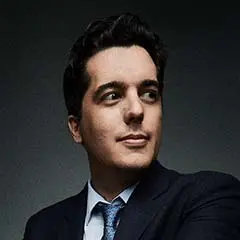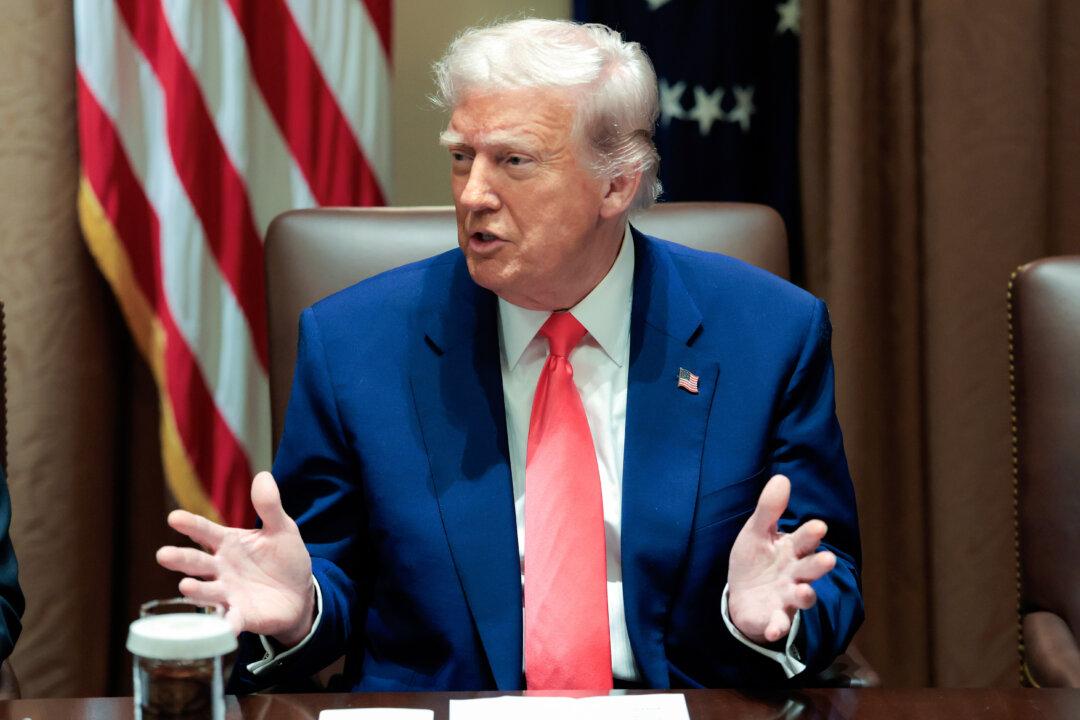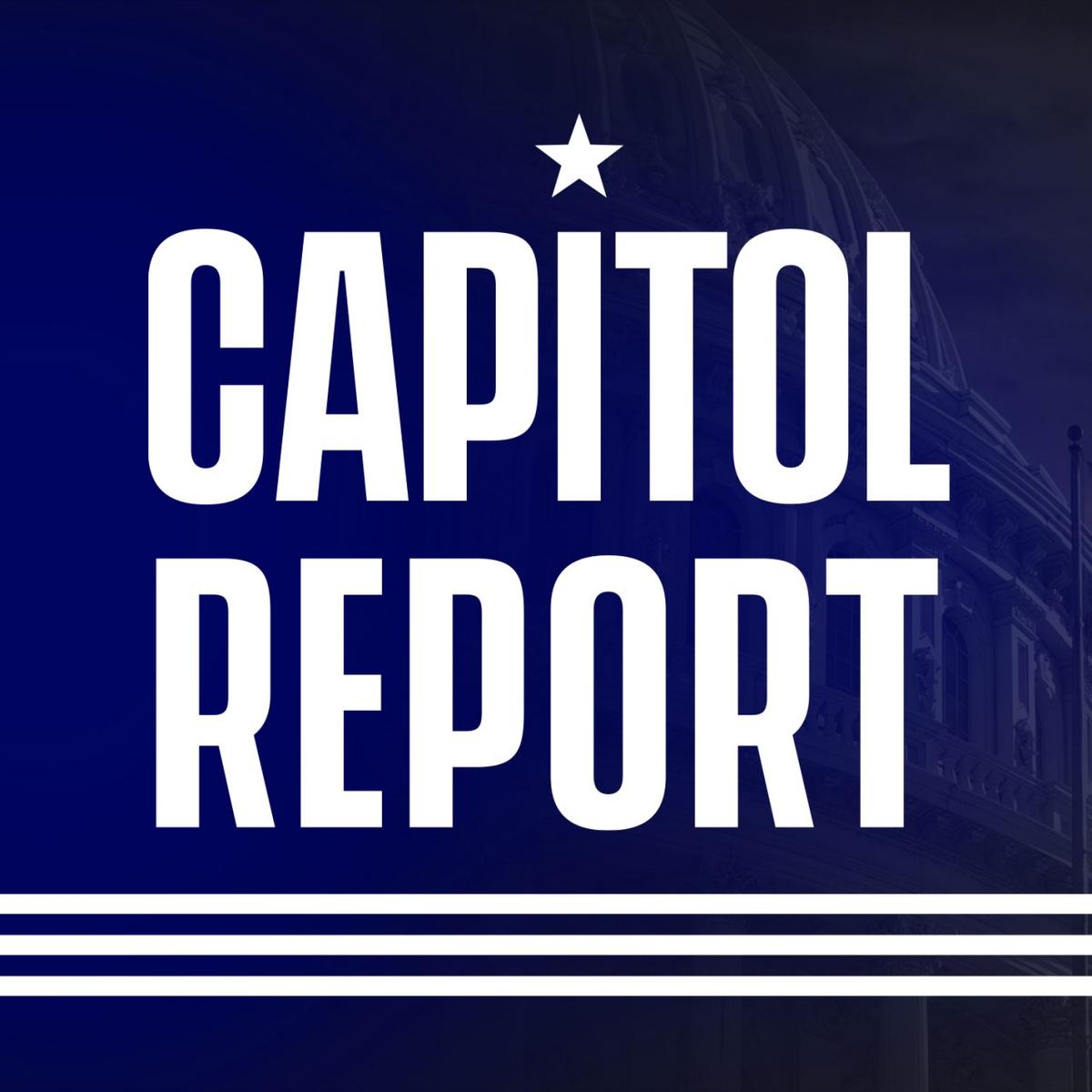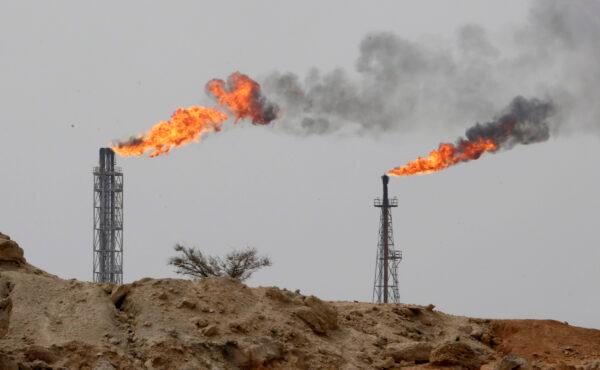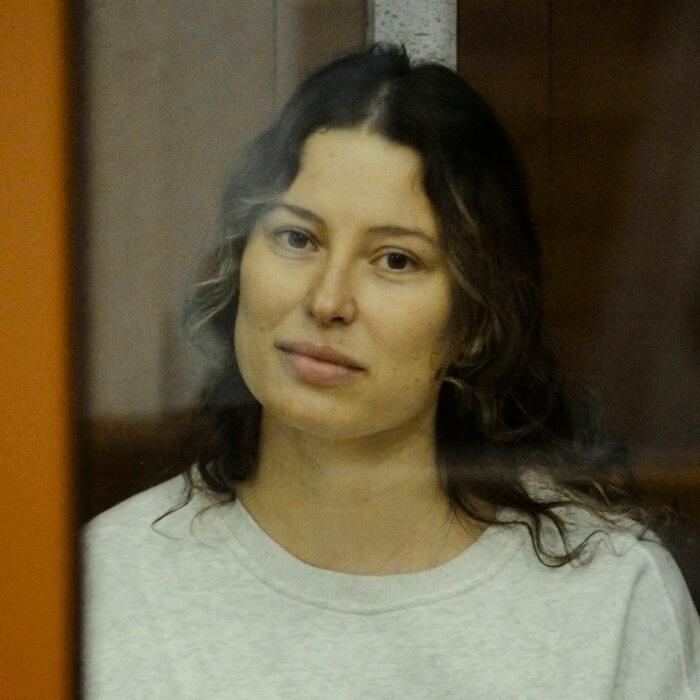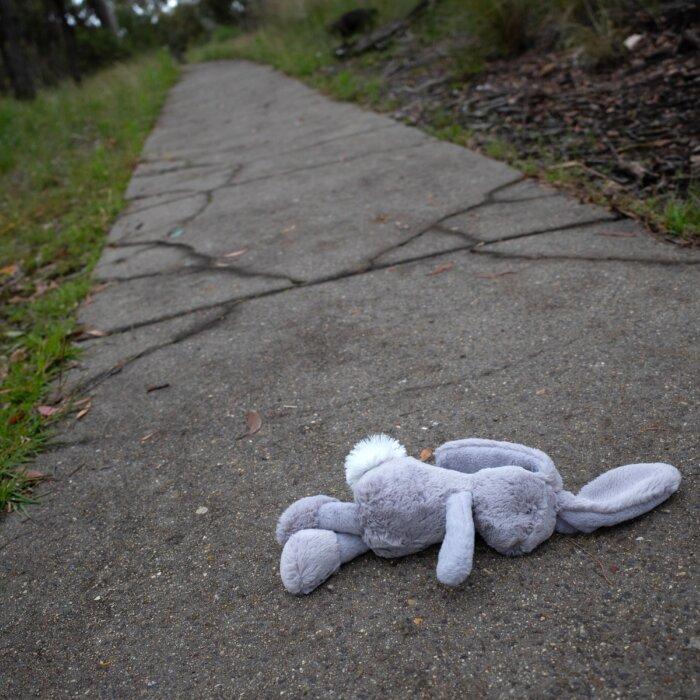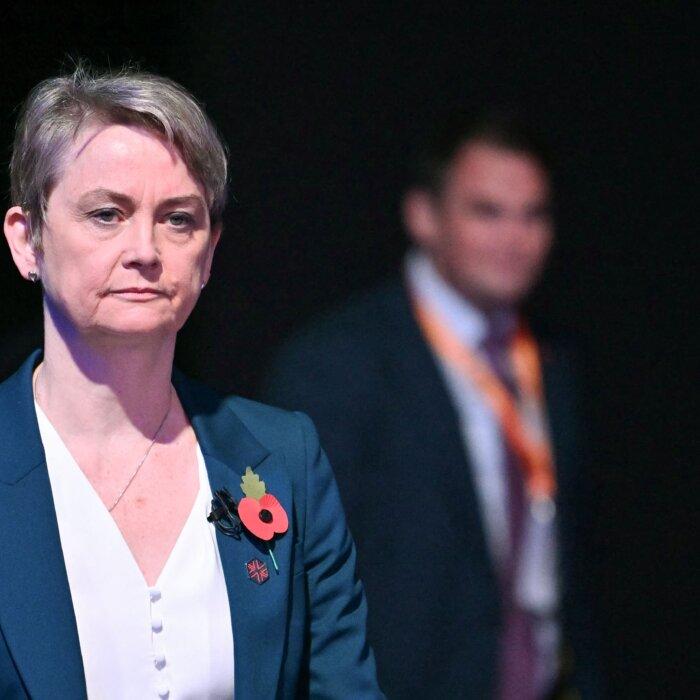Immigration Judge Rules Columbia Activist Mahmoud Khalil Can Be Deported
An immigration judge said the government had adequately shown ‘clear and convincing evidence that he is removable.’
China Hikes Tariffs on US Goods to 125 Percent
China issues a 125 percent retaliation duty against the United States.

‘The Edwardians: Age of Elegance’ at the Royal Collection Trust
An exquisite collection of art and decorative objects showcases the royal culture of the Edwardian era glamour.

‘The Hermit of Treig’: Life Lessons From a Scottish Sage
If you’re a fan of wilderness writer Farley Mowat and fly-fisherman-author John Gierach, you'll enjoy this documentary about Scottish hermit-author Ken Smith.

A Difficult Pardon: A Tortured POW and the Choice to Forgive
Tortured WWII veteran Eric Lomax spent much of his adult life imagining ways to kill his captors; he never dreamed forgiveness would be in the cards.
Most Read
Top Stories
China Raises Tariffs on US Imports to 125 Percent
Beijing said that the rules will be enforced from April 12.
Trump Says He’s in ‘Very Good Shape’ After Medical Exam; Report to Be Released on Sunday
The president underwent his first physical exam since taking office for a second time, with results expected soon.
Witkoff Meets Putin in Saint Petersburg for Ukraine Talks
The meeting comes as Trump attempts to get Moscow to come to the negotiating table for a potential cease-fire in Ukraine.
Seven Charts to Put DOGE Efforts in Perspective
An overview of government spending trends to lend a perspective into the work of the Department of Government Efficiency.
Pennsylvania Man Charged With Threats to Assault, Murder Trump
A man from Butler, Pennsylvania has been arrested for allegedly threatening to assassinate President Donald Trump and other U.S. officials.
How Trump Admin Increases Pressure for Illegal Immigrants to Self-Deport
The use of executive actions, age-old laws, and ad campaigns take a carrot-and-stick approach to removing millions of illegal immigrants.
Is China’s Xi Struggling for Authority? ‘Unprecedented’ Swap of Top CCP Officials Fuels Speculation
As two Politburo members trade jobs, China watchers see indications of greater political shakeup.
Social Security COLA May Decrease in 2026 and Could Change Due to Tariffs, Group Says
A senior citizens group forecasts that Social Security’s cost-of-living adjustment will increase by 2.3 percent from 2025, and that could change due to tariffs.
Day in Photos: Crashed Helicopter Search, Afghan Refugees Leave Pakistan, Voting Preparations in Ecuador
A look into the world through the lens of photography.
Musk Says DOGE Expects to Save $150 Billion by Reducing Waste, Fraud
‘It’s as the military would say, target-rich environment,’ Musk said, referring to the alleged fraud and waste in the federal government.
NTSB Calls for Stricter Regulation of Air Tour Operators After Deadly Helicopter Crash
‘We believe in one level of safety, strongly,’ said Jennifer Homendy, chair of the National Transportation Safety Board.
Parkinson’s Disease Is Linked to Lack of Dopamine—Here’s How to Boost It
Lifestyle changes can improve the course of Parkinson’s disease, according to research.
▶Member of Provincial Parliament Calls Shen Yun ‘Breathtaking’
Shen Yun Performing Arts wrapped up a successful 7-day run in Toronto with nine sold-out performances.
Tracking Trump’s High Level Appointments, Senate Confirmations
The Senate is undertaking the confirmation process for the president’s new administration.
DHS Reminds Illegal Immigrants to Comply With Registration Mandate Before Deadline
Failure to register, the agency said, is a criminal offense punishable by fines, imprisonment, or both.
Processed Food Additive Mixtures May Increase Diabetes Risk, Study Finds
Researchers looked at five separate additive mixtures often used in processed foods to determine whether they increased the risk of developing diabetes.
US Treasury Yields Surge—What It Means for the Bond Market
The benchmark 10-year Treasury yield heads toward 4.5 percent.
Trump Admin Reaches Agreements With 5 Law Firms
In total, these law firms have agreed to provide at least $940 million in pro bono representation to causes supported by the president.
US Crude Oil Exports Hit Record High: EIA
The Trump administration is prioritizing oil production, with the Maritime Administration approving a deepwater port that can export 2 million barrels daily.
Consumer Confidence Dips, Inflation Expectations Jump to Highest Since 1981
Consumer sentiment sank in April as inflation fears hit a 44-year high and recession signals spread across key indicators.
Sen. Michael Bennet Announces Run for Colorado Governor
The current governor of Colorado, Jared Polis, is term-limited.
‘Warfare’: True Navy SEAL Story Redefines Cinematic Combat
Based on memories of the actual SEALs involved, this hyper-violent, naturalistic portrayal of combat couldn’t spring authentically from a civilian filmmaker.
Special Coverage
Special Coverage



















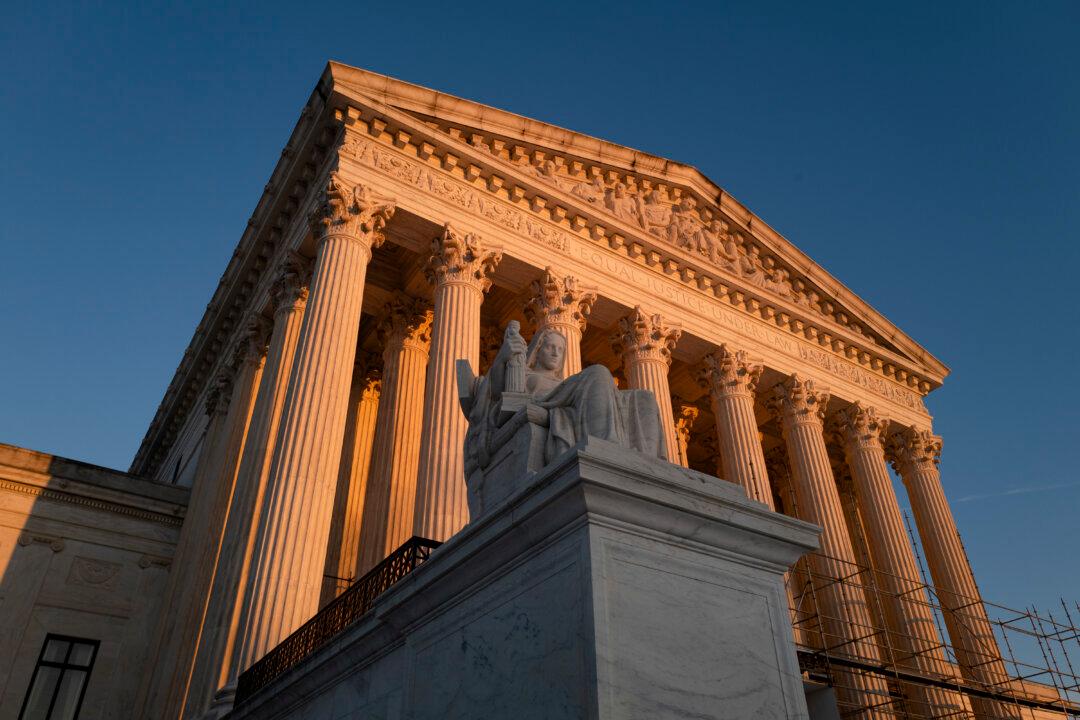
















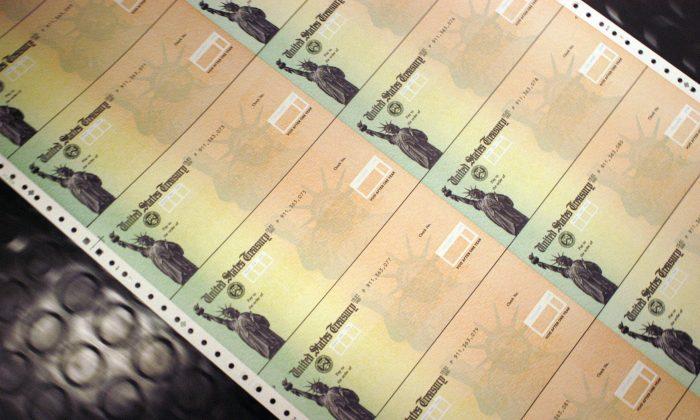

























![[PREMIERING 4/12, 9PM ET] Inside RFK Jr.’s Unprecedented Reset of HHS: David Mansdoerfer](https://www.theepochtimes.com/_next/image?url=https%3A%2F%2Fimg.theepochtimes.com%2Fassets%2Fuploads%2F2025%2F04%2F11%2Fid5840642-250412-ATL_David-Mansdoerfer_HD_TN-600x338.jpg&w=1200&q=75)

![[PREMIERE 04/12 at 10:30AM ET] Marc Aramian on Leaving Hollywood to Create Movies That Make a Difference](https://www.theepochtimes.com/_next/image?url=https%3A%2F%2Fimg.theepochtimes.com%2Fassets%2Fuploads%2F2025%2F04%2F11%2Fid5840591-interview_Marc-Aramian_REC-600x338.jpg&w=1200&q=75)
